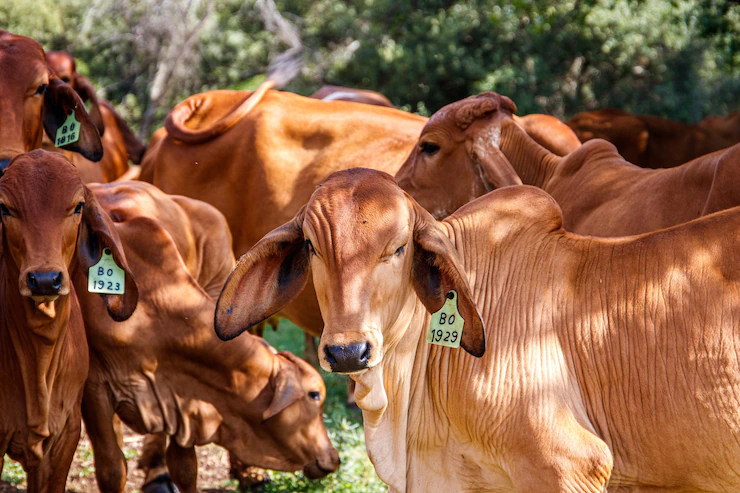South Africa boasts a diverse range of indigenous livestock breeds that have played a crucial role in the country’s history and culture. These breeds have adapted to local environmental conditions over centuries, developing unique traits and characteristics that make them well-suited to the country’s diverse landscapes. However, like many indigenous breeds worldwide, South Africa’s native livestock breeds face various challenges that threaten their survival. Preserving these breeds is not only essential for maintaining biodiversity but also for sustaining local economies and preserving cultural heritage.
Preservation efforts for indigenous livestock breeds in South Africa focus on several key areas:
- Genetic Conservation: Maintaining the genetic diversity of indigenous breeds is crucial for their long-term survival. Organizations and research institutions collaborate to identify, document, and conserve the genetic material of native livestock breeds. This includes collecting and storing semen, embryos, and other genetic materials for future use.
- Breed Associations and Societies: Breed associations and societies play a vital role in promoting and preserving indigenous livestock breeds. These organizations work to raise awareness, provide technical support, and facilitate breeding programs. They also collaborate with researchers, farmers, and government agencies to develop sustainable conservation strategies.
- Breeding Programs: Controlled breeding programs are essential for maintaining the purity and improving the genetic quality of indigenous breeds. By implementing selective breeding techniques, farmers and researchers can focus on preserving desirable traits, such as disease resistance, adaptability, and productivity. These programs often involve close collaboration with local communities and farmers to ensure the breed’s relevance and sustainability.
- Livestock Shows and Events: Livestock shows, exhibitions, and cultural events play a crucial role in promoting indigenous breeds and raising public awareness about their importance. These events provide a platform for showcasing the unique characteristics and cultural significance of native livestock breeds. They also serve as a venue for networking, knowledge sharing, and exchange of breeding stock among breeders.
- Economic Incentives: Recognizing the economic value of indigenous livestock breeds can incentivize their preservation. Governments, agricultural institutions, and conservation organizations may provide financial support, grants, or incentives to farmers and breeders who focus on preserving and breeding indigenous livestock. This helps ensure the viability of traditional farming systems and encourages the next generation to continue the stewardship of these breeds.
- Education and Capacity Building: Education and training programs are essential for raising awareness and building capacity among farmers, breeders, and communities. By providing information on the value of indigenous breeds, sustainable farming practices, and breed-specific management techniques, these programs empower individuals to actively participate in the preservation efforts.
Preserving South Africa’s rich livestock heritage requires a multi-faceted approach involving collaboration between government bodies, research institutions, breeders, farmers, and local communities. By combining scientific research, cultural awareness, and economic incentives, efforts can be made to protect and promote the unique genetic resources and cultural heritage represented by indigenous livestock breeds.
Join 'Farmers Mag' WhatsApp Channel
Get the latest Farming news and tips delivered straight to your WhatsApp
CLICK HERE TO JOIN






